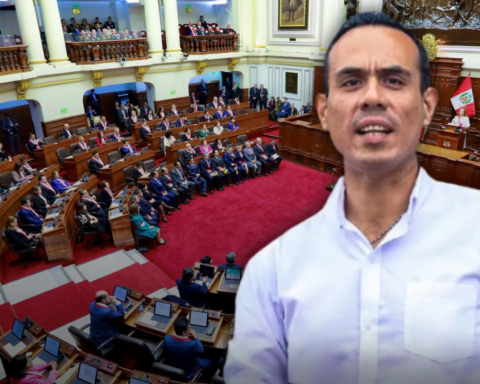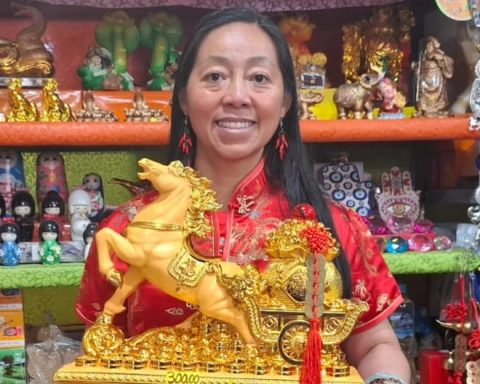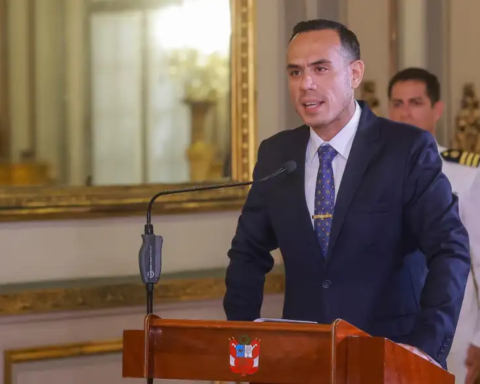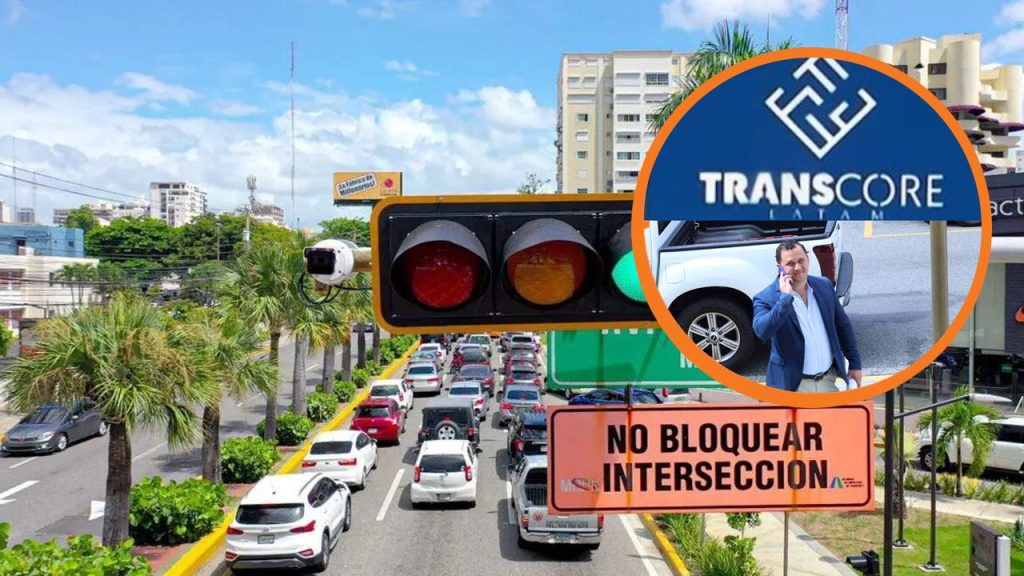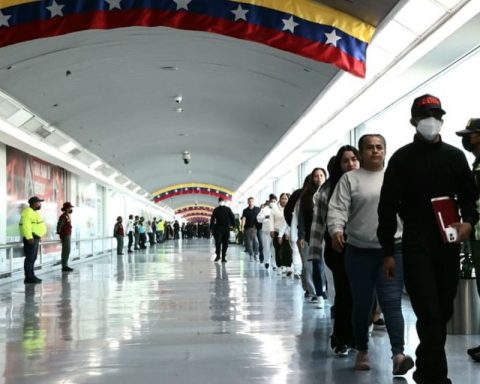The arbitration It is an alternative dispute resolution mechanism used especially in the business field to resolve commercial disputes quickly and efficiently, added to other advantages such as flexibility, specialization and confidentiality of services.
LOOK: Congressmen make fools of Julio Velarde
However, the Executive has put its effectiveness at risk with the recent publication of Legislative Decree No. 1660. The norm changes the rules of the game in terms of who can be arbitrators and what are the requirements to establish an arbitration center, by mandating these to register in the National Registry of Arbitrators and Arbitration Centers (Renace).
What is the problem? Firstly, Legislative Decree No. 1071, which governs arbitration in Peru, in its article 20 states that “unless otherwise agreed by the parties, the nationality of a person will not be an obstacle for him or her to act as an arbitrator.” For this reason, when companies have a certain dispute, in many cases, they appeal to appoint foreign arbitrators, established in other economies.
The rule will require that in order for a foreigner to be appointed as an arbitrator in Peru, he must be registered with Renace, which imposes barriers to the participation of international arbitrators, providing exclusivity to Peruvian arbitrators, when internationally this is a issue that corresponds to contractual freedom.
“The rule represents a limitation on the freedom of companies or people to choose who they consider most suitable to resolve a dispute,” said Alejandro Falla, partner at Bullard Falla Ezcurra +.
A group of arbitration centers and chambers of commerce in Lima and the regions have a similar opinion to Falla. In a statement, they maintained that the rule has been approved against the opinion of the relevant operators of the arbitration market and without consulting the community in general.
“We warn that the obligation of arbitrators to obtain a license or administrative registration will involve not only bureaucratic and discretionary procedures, but will also limit the freedom of the parties to choose their arbitrators,” stated the statement that bears the logo of the Chamber of Arbitrators. Commerce of Lima (CCL), the American Chamber of Commerce of Peru (Amcham), the International Chamber of Commerce Peru (ICC), the Chamber of Commerce and Industry of Arequipa, the Chamber of Commerce and Industry of Piura and their respective centers of arbitration.
Situation worsens
According to Falla, the way the legislative decree is worded affects not only arbitrations with the State, but also controversies that link all economic agents.
The worst of all is that in Peru around 300 arbitration centers have been created that, with few exceptions, do not offer guarantees to users, and their purpose is to serve the client for illicit purposes.
And the State, instead of correcting this problem, is forcing arbitration centers and arbitrators to register in a registry that does not have requirements that meet international standards.
Take advantage of the NEW EXPERIENCE, receive our enriched digital newspaper by mail or WhatsApp.
Perú21 ePaper Learn about our plans!
RECOMMENDED VIDEO

